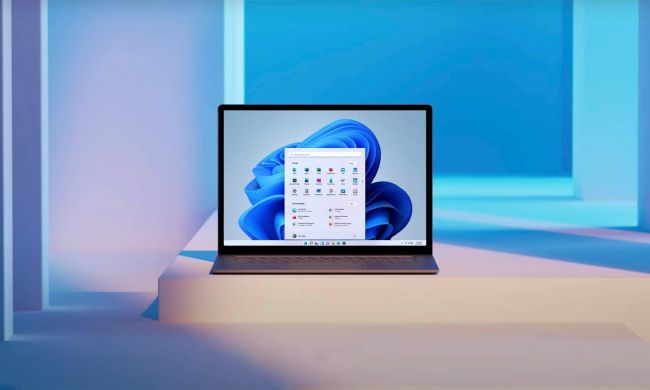Microsoft is working on a new feature that can help tune the performance of your PC’s processor for both better battery life and reduced fan noise. Known as EcoQoS, it’s now in beta testing with Windows Insiders and promises to make Windows 10 a lot more efficient.
According to Raymond Li, program manager for Windows Fundamentals, this new EcoQoS feature is about better energy consumption and reduced power and thermal throttling. It’s all accomplished with what’s known as a new “quality of service level” inside Windows 10, which works better with certain background processes that do not have a significant performance or latency requirement.
That would be a massive change, as most gamers know that running a CPU-intensive task usually requires high performance or clock speed, more battery consumption, and more fan noise. Meanwhile, improved battery life means cutting down on the power sent to the CPU.
With EcoQoS, Windows 10 is able to have more processes run in an energy-efficient matter, especially processes that don’t need constant high CPU performance or power draw from the battery. Under the hood, Windows will be able to use EcoQoS to schedule such processes to run more efficiently by configuring a CPU to automatically run at more efficient clock speeds. Basically, it helps your laptop focus on what matters, and not prevent you from getting your work done.

In Microsoft’s own tests, this feature has proven to provide up to a 90% reduction in CPU power consumption, and it uses half the CPU energy to complete certain work. Scenarios where EcoQoS come in handy include background services, updaters, sync engines, and indexing services.
Of course, this feature is up to developers to enable. Microsoft says developers can call out APIs to opt into processes and threads to be identified as EcoQoS. In its current state, it is only compatible with Intel’s 10th- and 11th-generation processors, and AMD’s Ryzen 5000 series processors. Even Qualcomm is included, with Microsoft promising that the tuning for EcoQoS could come to a wider range of silicon soon, as well as desktop PCs.
EcoQoS is part of Microsoft’s plans to go carbon negative by the year 2030. It also is part of Microsoft’s Sustainable Software.


